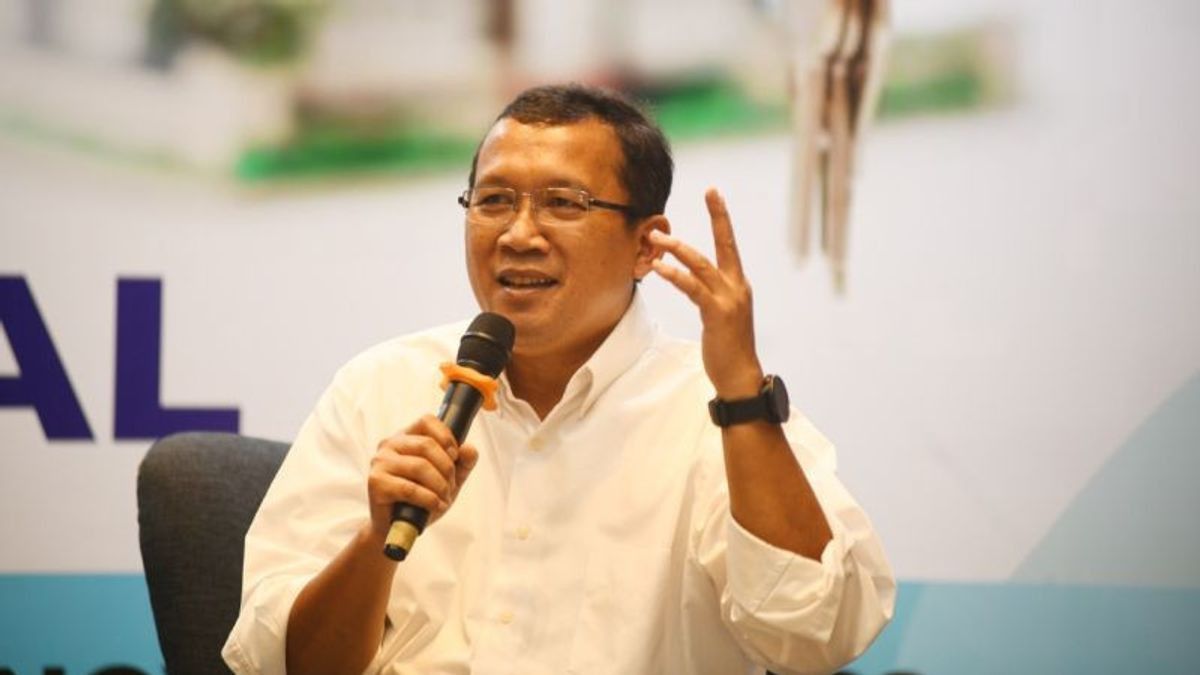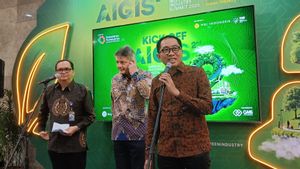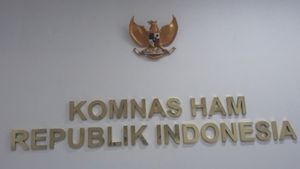JAKARTA - President Director of PT Bank Tabungan Negara (Persero) Tbk Haru Koesmahargyo mentioned the important role of banks in maintaining the economic stability of a country when the pandemic hit.
"The economic stability of countries during the COVID-19 pandemic that has occurred over the past two years is very dependent on the role of banks in carrying out the intermediation function, and increasing financial inclusion to meet the needs of the community, micro, small and medium enterprises," Haru said in a statement quoted by Antara, Thursday 15 December.
Bank BTN, Haru continued, supports Indonesia's economic recovery, especially from the property sector. The pandemic has spurred banks to strengthen digitalization in bank services, including BTN, which last year launched websites and applications of BTN Properti for Developer, Smart Residence and transformation with the implementation of several strategic initiatives after being proven to show positive results.
"Some of the things we are running are by strengthening the centralization of business processes and focusing branch offices on sales, we are also strengthening bad credit reserves to strengthen Bank BTN's foundation in carrying out business expansion and increasing the amount of low-cost funds that have proven successful in reducing cost of funds significantly," Haru said.
This was conveyed by Haru at the 28th meeting of the WSBI Asia Pacific Regional Meeting with the theme Sustainable and Resilient - Savings and Retail Banks in the Post-Pandemic Era held by PT Bank Tabungan Negara (Persero) Tbk with the World Saving Bank Institute (WSBI) or the association of retail banks and international savings.
On the same occasion, Peter Simon as Managing Director of WSBI European Saving & Retail Bank said that banking is the main line of defense that supports economic stability. After the pandemic, Simon revealed that economic challenges remain more challenging, especially in Europe.
"Many hope that after the pandemic ends, as if in a few months everything can return to the way it was before January 2020. What we all see is a bit different. Now it is clear that the years of the pandemic have left a number of permanent changes for us. The crisis in Ukraine, the more complicated geopolitical prospects, and rising inflation in Europe and North America make it difficult for us to adapt to these changes," Simon said.
Regarding the theme of the WSBI meeting, Simon explained that banks are being demanded by stakeholders, the government, and the community to increase digitalization and the sustainable economy. He assessed that the urgency of the transition to a more sustainable economic model is increasingly real.
"Our biggest challenge of the new century is to take an abstract-looking idea, namely sustainable development and turn it into a reality for everyone in the world," Simon said.
Simon assessed that there are a number of priorities to realize ideas about this, including investing in natural-based solutions, proactively collaborating with the community, dematerializing business models and improving effective global governance and collaboration.
"I believe that there is a strong reason for optimism in the future. But that sustainability and resilience will only be continued and achieved if we have a mature strategy," said Simon.
The English, Chinese, Japanese, Arabic, and French versions are automatically generated by the AI. So there may still be inaccuracies in translating, please always see Indonesian as our main language. (system supported by DigitalSiber.id)













